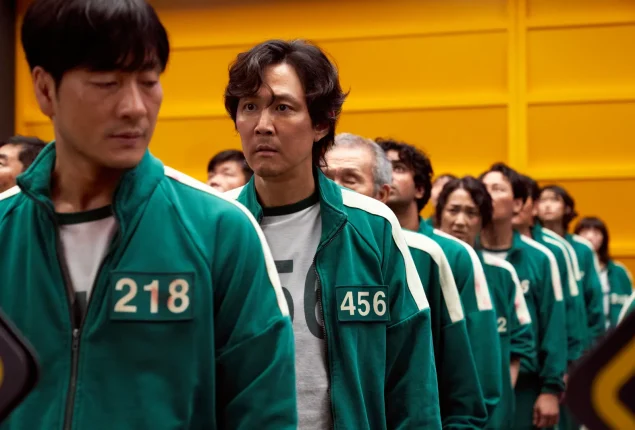The global success of Squid Game, Netflix’s most-watched series, is rooted in a stark reality. The dystopian drama, which portrays desperate individuals competing in deadly games for a cash prize, was partly inspired by the 2009 Ssangyong Motor strikes in South Korea, a violent chapter in the country’s labor history.
Director and writer Hwang Dong-hyuk revealed that the struggles of the main character, Gi-hun, a laid-off worker, mirror the plight of Ssangyong employees. “I wanted to show that any ordinary middle-class person in the world we live in today can fall to the bottom of the economic ladder overnight,” Hwang explained.
The Ssangyong strike began after the company announced over 2,600 layoffs, triggering a 77-day factory occupation. Clashes erupted between strikers armed with slingshots and riot police wielding tasers and rubber bullets. Union leader Lee Chang-kun later protested atop a factory chimney for 100 days, enduring extreme conditions and hallucinations.
The strike’s aftermath was devastating, with around 30 workers and their family members dying by suicide or stress-related illnesses. Lee expressed frustration that Squid Game failed to spur real change, saying, “Despite being widely discussed, it’s disappointing that these conversations haven’t led to meaningful outcomes.”
As South Korea grapples with political turmoil, including President Yoon Suk Yeol’s impeachment, Squid Game remains a poignant reflection of systemic inequality and the enduring scars of state violence.
Also Read
Squid Game director addresses casting controversy ahead of season 2 premiere
Squid Game director has been addressing various issues. He also addressed the...
